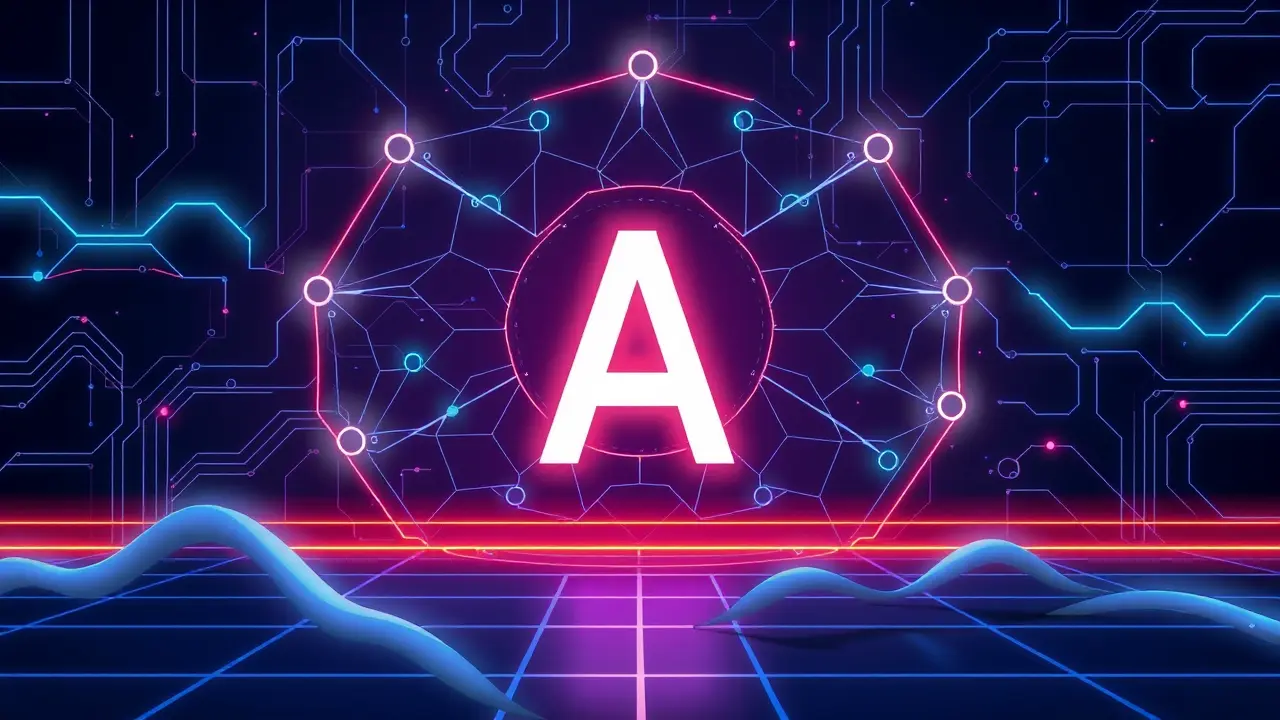
AI
Outpoll Weekly Recap: AI (October 20 – 26, 2025)
DA
Daniel Reed
4 hours ago7 min read2 comments
This week felt like a significant inflection point for artificial intelligence, moving beyond mere parameter scaling into a more nuanced era of application and governance. The most compelling development wasn't a new model release, but Anthropic's release of a comprehensive white paper detailing the 'Constitutional' training methodology for their Claude 3.5 model suite. This isn't just another technical report; it's a foundational document that lays bare the architectural philosophy of building safer AI, detailing how a set of principled rules can guide model behavior more effectively than simple reinforcement learning from human feedback alone.It signals a critical industry pivot from a pure 'bigger is better' arms race to a more mature focus on alignment and controllability, a shift that echoes the early debates around Asimov's Three Laws of Robotics but with far more practical, immediate implications for developers and policymakers. Simultaneously, the open-source community fired a formidable salvo with the leak and subsequent rapid community adoption of 'Nemotron', a 4-trillion parameter mixture-of-experts model architecture that appears to rival the performance of proprietary systems from OpenAI and Google at a fraction of the computational cost for inference.This democratizing force, while exhilarating, immediately reignited the fierce debate between accelerationists, who see this as a necessary check on corporate control, and cautionaries, who warn of the irreversible proliferation risks associated with such powerful, unshackled technology. The market, ever the barometer of sentiment, reflected this tension; prediction platforms saw volatility in contracts related to near-term AGI timelines, with probabilities dipping on news of the open-source leak but then rebounding sharply following a groundbreaking paper from DeepMind on 'Cumulative Learning', which demonstrated a new method for LLMs to retain and build upon knowledge without catastrophic forgetting—a fundamental hurdle on the path to more general intelligence.Meanwhile, on the regulatory front, the EU's AI Office issued its first set of binding guidance on the definition and classification of 'General-Purpose AI' under the AI Act, a move that will force major platform providers to radically reassess their compliance strategies and could create a de facto standard for the rest of the world. The week culminated in a landmark, albeit quiet, announcement from a consortium of major cloud providers agreeing on a preliminary interoperability standard for AI workload portability, a technical but profoundly important step that could prevent the kind of vendor lock-in that has plagued other tech sectors. What we're witnessing is the end of AI's wild west phase; the fences of governance, the currencies of open collaboration, and the blueprints for safer construction are now being laid down in real-time, setting the stage for the next, more complex chapter of the intelligence revolution.
#Weekly recap
Stay Informed. Act Smarter.
Get weekly highlights, major headlines, and expert insights — then put your knowledge to work in our live prediction markets.
Related News
© 2025 Outpoll Service LTD. All rights reserved.














